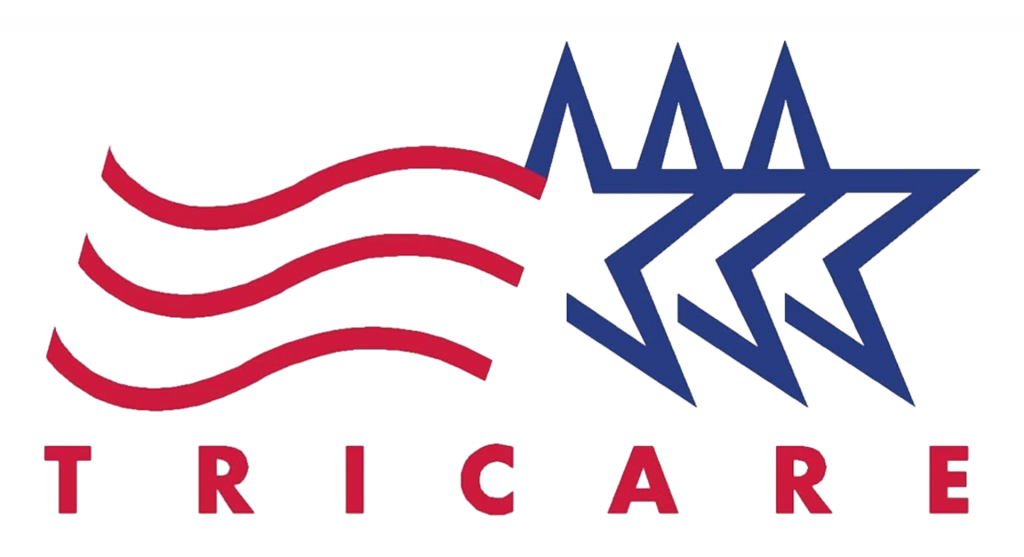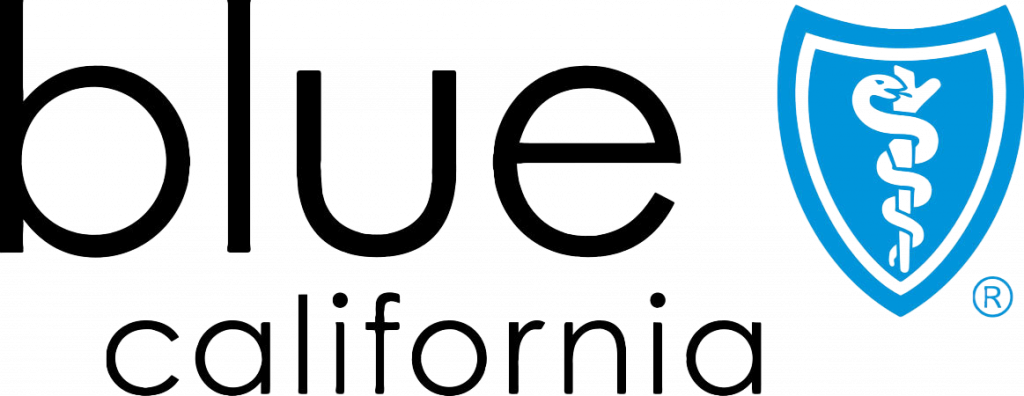
Unlike traditional OCD, which often involves both obsessions and compulsions, Pure O OCD sufferers may not have any observable compulsions. However, they may engage in mental compulsions, such as counting, praying, or repeating phrases in their head. These mental compulsions are often done in an attempt to neutralize or counteract the obsession, but they can also perpetuate the cycle of anxiety and distress.
Although the name implies that people with Pure O do not have compulsions, they do still engage in mental rituals or reassurance-seeking behaviors. These compulsions, however, aren’t as noticeable as overt behaviors; Pure O simply acknowledges these forms of OCD that don’t seem like traditional OCD and are typically more difficult to diagnose.
A common misconception is that Pure O is a milder form of OCD. Even though compulsions may not be physical behaviors, Pure O can still be significantly distressing and interfere with daily life.
OCD obsessions can vary widely, and consist of unwanted, distressing thoughts. Pure O obsessions tend to have a central theme of disturbing, intrusive thoughts or images, or frightening impulses that cause extreme anxiety and conflict with the person’s religious beliefs, morals, or societal norms. These obsessions are often more personal and terrifying for the individual than the fears of someone with traditional OCD. An example of this difference is that someone with traditional OCD may be overly concerned about security or cleanliness, whereas someone with Pure O OCD may be plagued by thoughts of harming a loved one, being a murderer, or experiencing a change in their sexuality. Individuals with Pure O understand that their fears are unlikely or impossible, but the anxiety experienced makes obsessions seem meaningful. They often will have thoughts of self-doubt and seek reassurance mentally or from others frequently.
Some common themes of obsessions in Pure O include:
The compulsions, in Pure O OCD tend to involve mental rituals, such as mentally reviewing memories or information, repeating certain words, or un-doing or re-doing certain actions. Compulsive reassurance-seeking is also common, which can involve looking for self-assurance, researching online, asking others, or avoiding situations that might provoke anxiety. Reassurance-seeking behaviors can be difficult to identify as compulsions, and often can fatigue family members or friends.
The primary symptoms of OCD are obsessions and compulsions. However, individuals with OCD may also experience additional symptoms related to their obsessions and compulsions. These can include anxiety, difficulty sleeping, difficulty performing daily tasks, and avoidance of triggers that may lead to obsessions. Individuals with Pure O often have difficulty maintaining romantic relationships due to frequent reassurance-seeking and obsessions about sexuality or the relationship.
The exact causes of Pure O OCD aren’t fully understood, but the main driving factors include:
There appears to be a genetic component to OCD, as those with a family history of the disorder are more likely to develop it.
Abnormalities in the brain’s chemistry or function may contribute to the development of OCD symptoms.
The presence of obsessions and compulsions can be learned or acquired from observing family members or through gradual development over time.
Obsessive-compulsive disorder can be a serious, debilitating disorder, yet it is often misunderstood or misrepresented. These are some of the most common misconceptions about OCD:
Purely obsessional OCD is considered a life-long disorder, and without treatment it often persists for decades, but individuals can seek a number of treatments to help them manage or overcome their symptoms. Once a patient has been given a professional diagnosis of having obsessive-compulsive disorder, there are a number of treatments available that may help manage their condition.
Therapy is typically the first treatment option for individuals with Pure O OCD. Cognitive behavioral therapy (CBT) is a highly effective treatment for individuals with OCD, as it combines exposure and response prevention therapy and cognitive therapy. This method helps shift an individual’s reaction to their triggers and compulsions. By avoiding carrying out compulsions and learning to tolerate the anxiety associated with obsessions, the frequency and intensity of obsessive thoughts are gradually reduced over time.
There are several options when it comes to medications that can help patients with OCD by minimizing their obsessive-compulsive behaviors. In most cases, antidepressants are also FDA-approved to treat OCD, so doctors may try a series of antidepressant prescriptions to find the right option for their patients.
As of late 2018, the FDA has approved TMS as a treatment option for those diagnosed with OCD. TMS can modulate the anterior cingulate cortex, a region of the brain that is correlated with OCD symptoms. Patients who have not responded to other treatment options such as medication and or therapy may benefit from TMS as it is helpful in stimulating the brain. TMS often results in significant symptom relief.
Contact us for more information about how transcranial magnetic stimulation could help you manage your OCD when other treatments have failed, or to schedule your consult at Bespoke Treatment.









